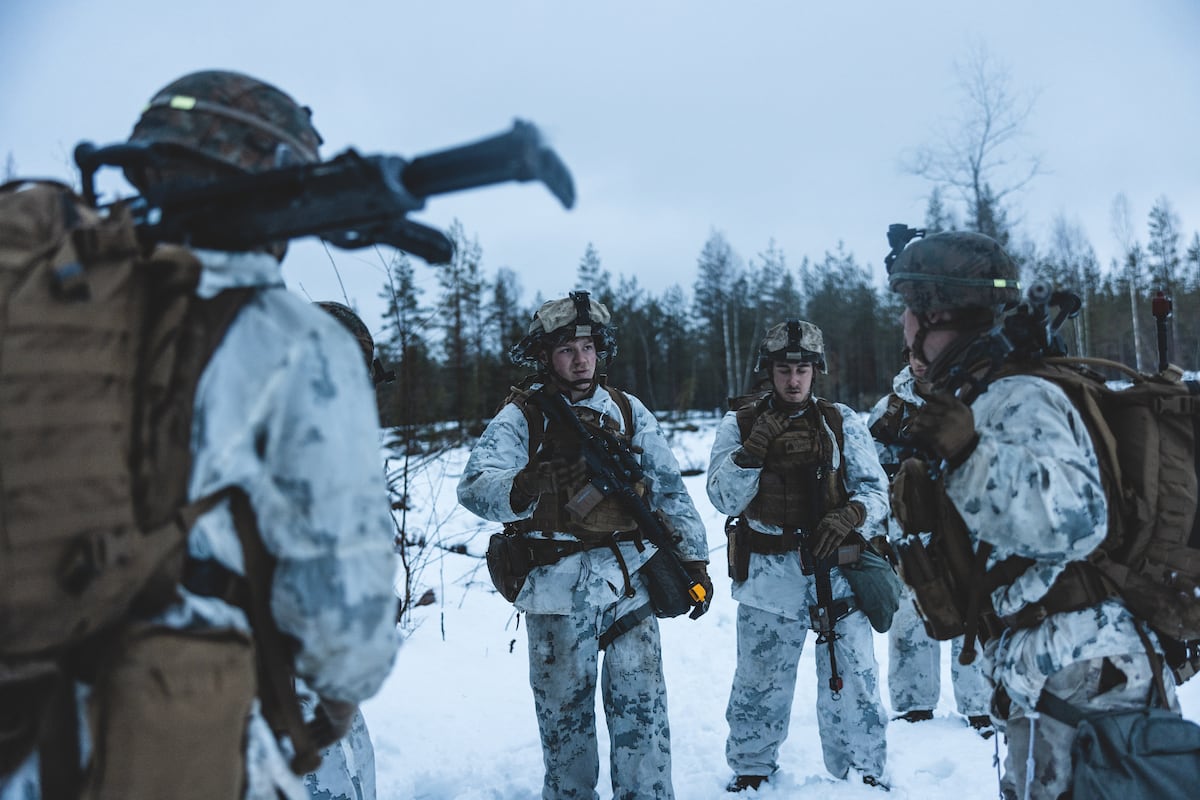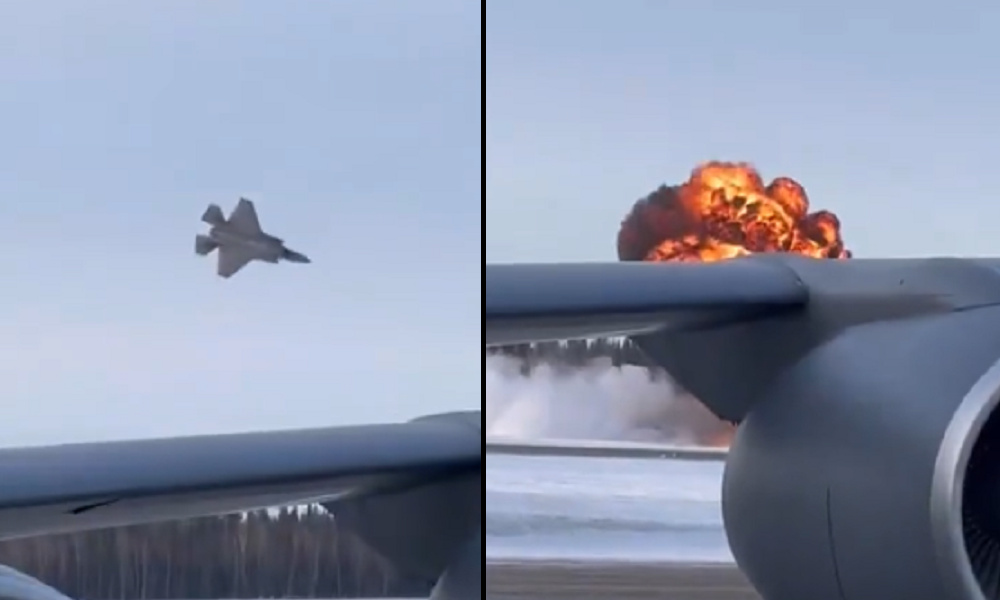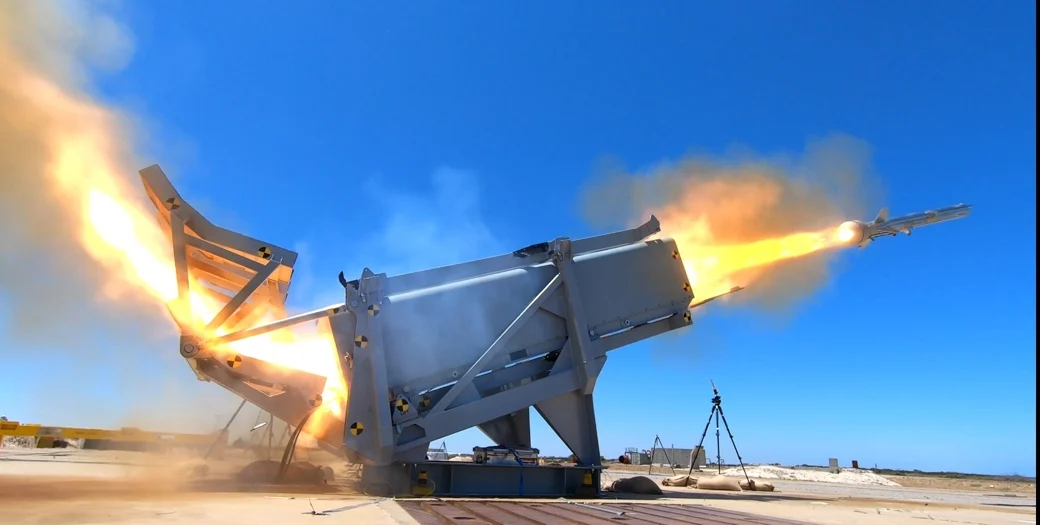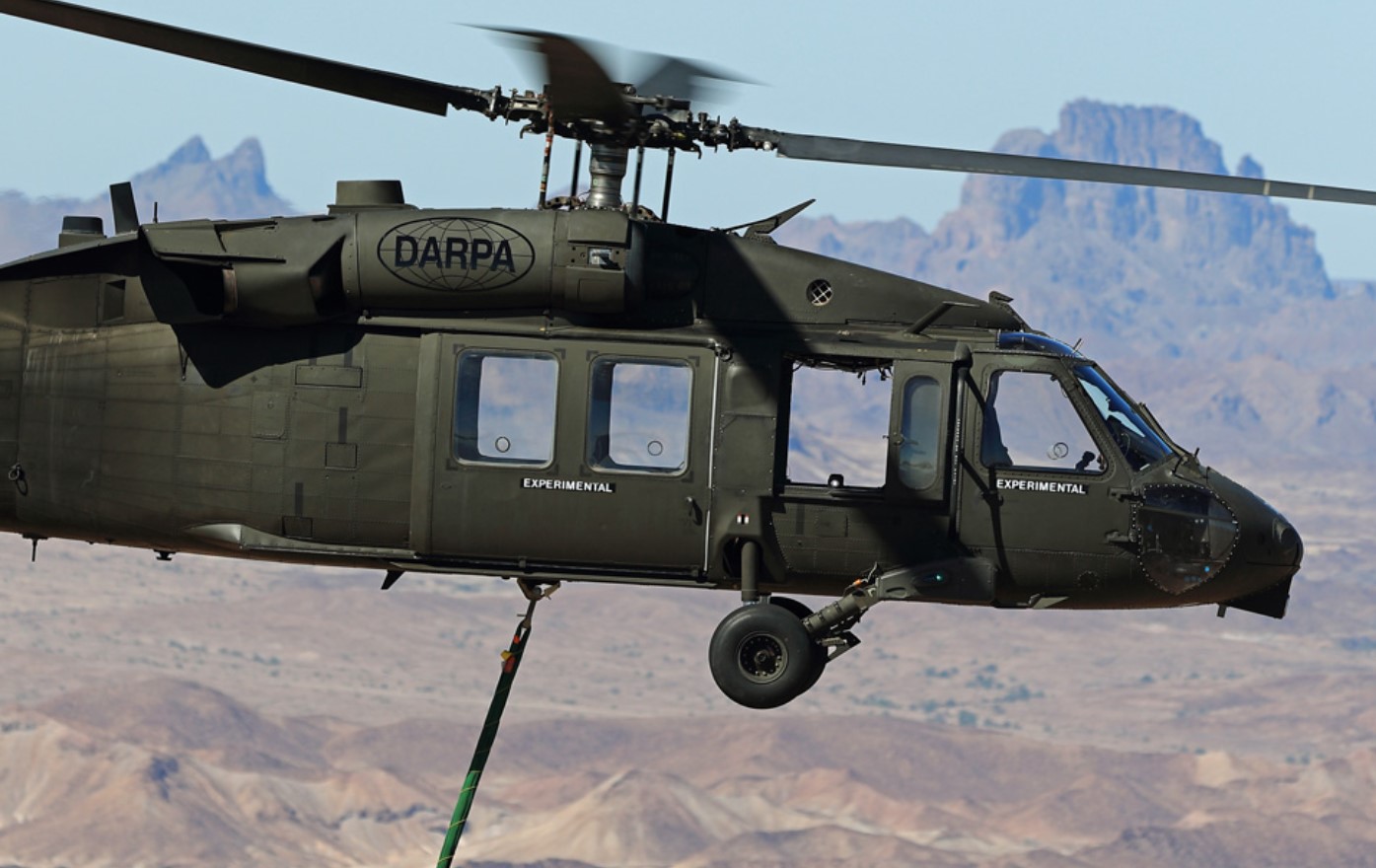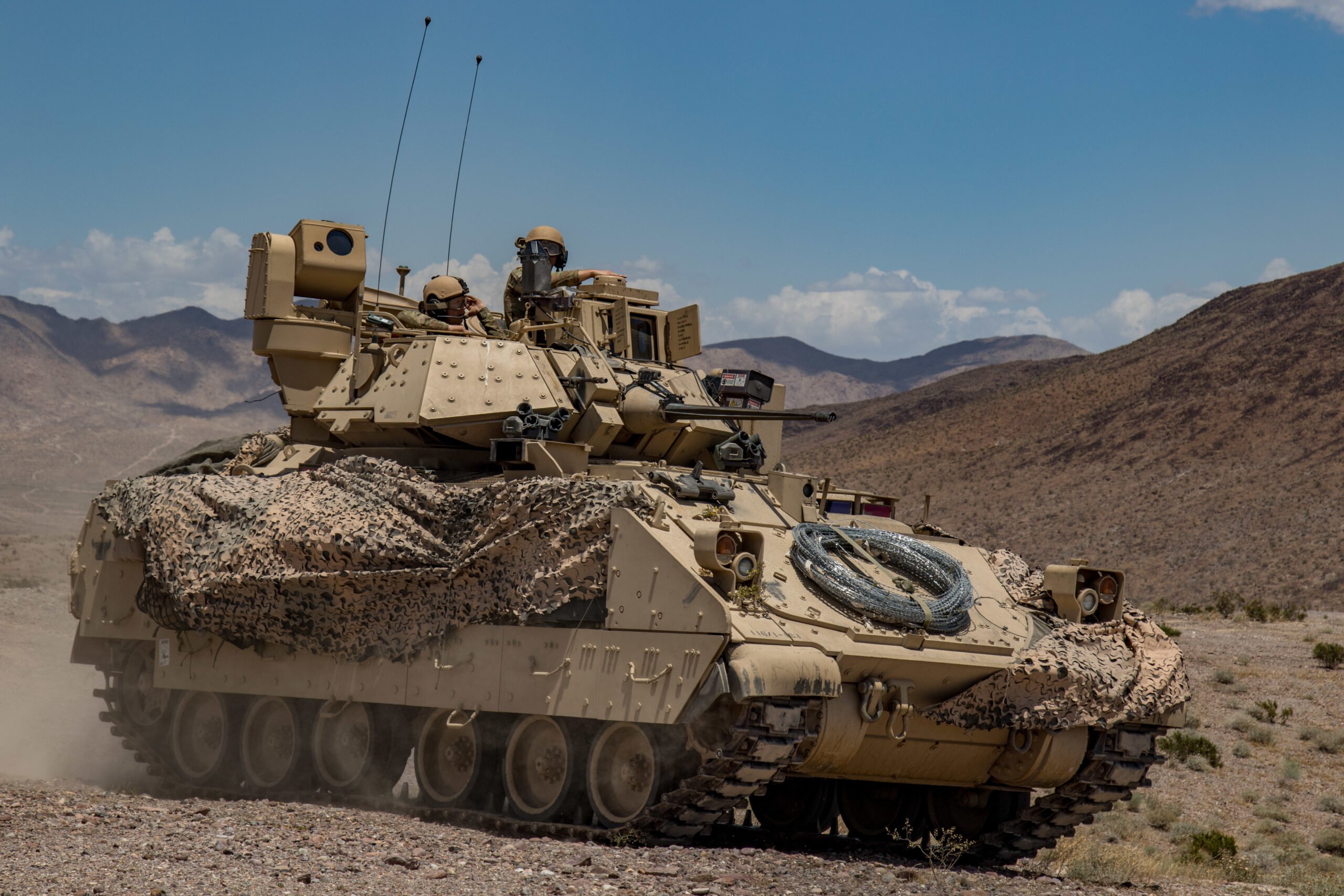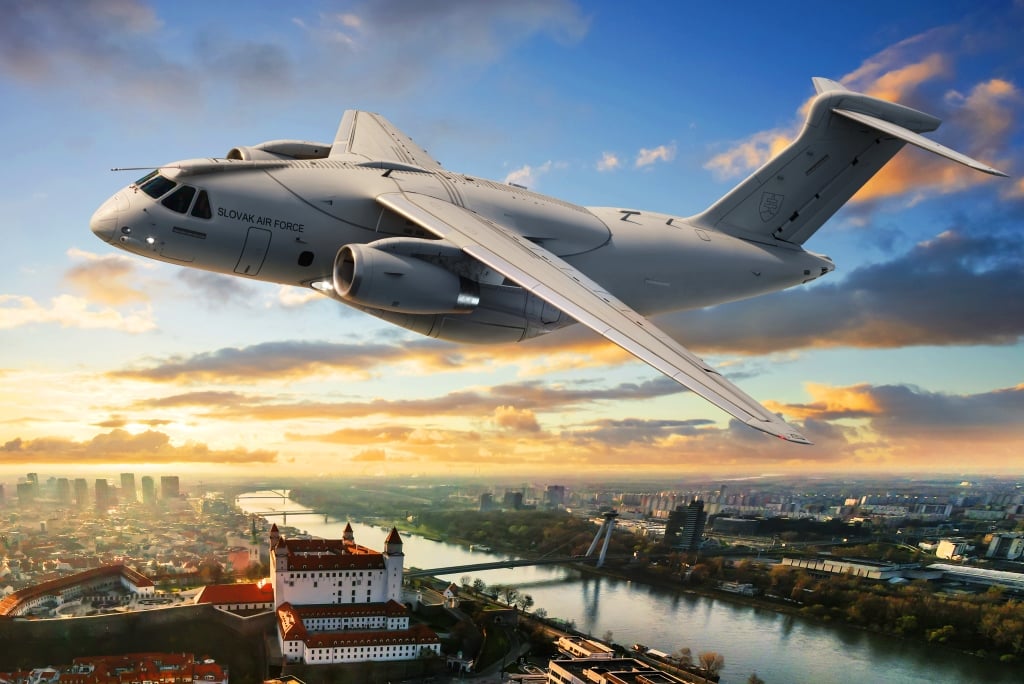In a stark warning underscoring the growing geopolitical tensions in the Arctic, Iris A. Ferguson, the deputy assistant secretary of defense for Arctic and Global Resilience, highlighted the increasing military collaboration between China and Russia as a significant factor necessitating enhanced U.S. attention and resources in the region. Speaking at a recent event hosted by the Center for Strategic and International Studies, Ferguson pointed out that China is increasingly focused on the Arctic as a means to bolster its global power and secure valuable economic resources.
This urgent need for vigilance comes amid escalating military activities, particularly in the context of Russia’s ongoing war in Ukraine. Despite being engaged in conflict since February 2022, Russia has not wavered in its commitment to develop military and economic capabilities in the Arctic, often in coordination with China. Notably, recent joint military exercises, including summer training operations conducted in the Bering Strait, have raised alarms within U.S. defense circles. These exercises involved coordinated air patrols and joint coast guard operations, which Ferguson emphasized is a new level of military cooperation, particularly concerning Alaska and its surrounding waters.
The intensifying military relationship between Moscow and Beijing is coupled with China’s broader ambitions in the Arctic, which extend beyond mere military presence. Ferguson noted that scientific research initiatives undertaken by China in the region represent a means of establishing a foothold close to the U.S. This dual approach, mixing military and scientific presence, is viewed with concern as it potentially paves the way for long-term economic leverage in a region emerging as a critical strategic zone.
Ferguson also mentioned that the urgency for U.S. action is compounded by climate change, which has drastically altered the Arctic landscape. Temperatures in the Arctic have increased four times faster than the global average since 1979, leading to the degradation of ice caps and glaciers. This warming climate has opened up new shipping routes and potential settlement areas, exemplified by the catastrophic collapse of Canada’s last remaining ice shelf in summer 2020, a stark indicator of the rapidly changing environment.
The U.S. Department of Defense’s 2024 Arctic Strategy reflects this new reality, acknowledging the Arctic not only as a regional concern but also as an arena of strategic competition. The Pentagon’s strategy encourages a robust U.S. presence, enhanced training exercises with allied nations, and a commitment to safeguarding international waterways. Ferguson stressed the importance of strengthening partnerships with northern European allies who share military capabilities and strategic interests, as collaboration is essential to meet the challenges presented by both adversaries and environmental shifts.
As these developments unfold, the potential impact of political changes, such as those anticipated with a potential incoming Trump administration, remains uncertain. Nonetheless, the current administration’s commitment to ensuring U.S. readiness in the Arctic will likely remain a priority, particularly in light of the growing complexity of security dynamics in this increasingly contested region.

